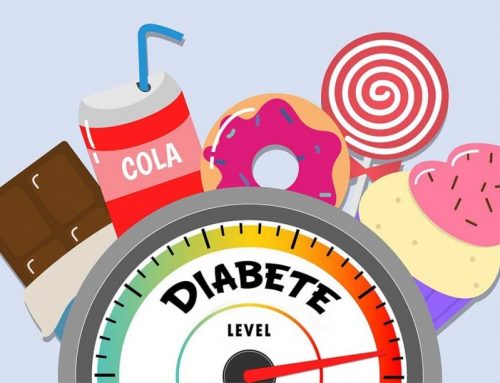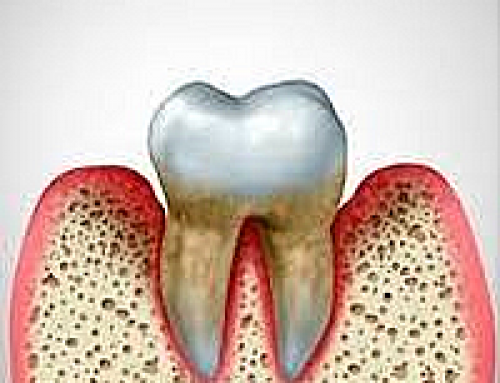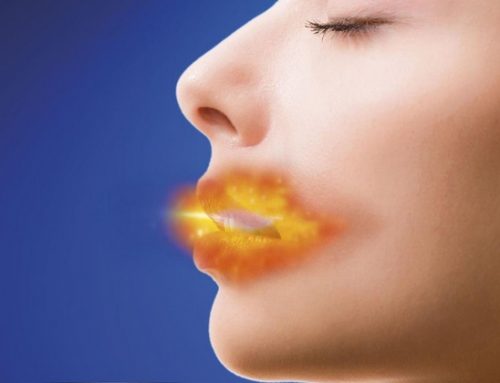Shah, M. P., Gujjari, S. K., & Chandrasekhar, V. S. (2013)
Abstract
Introduction: The purpose of the present study was to evaluate the effect of a probiotic (Inersan®) alone, a combination of the probiotic with doxycycline and doxycycline alone on aggressive periodontitis patients.
Methods: Thirty patients who satisfied the inclusion and exclusion criteria, were assigned to one of the above mentioned three groups by using block randomization. The clinical and the microbiological parameters were recorded on day 0, at 2 weeks and at 2 months. On day 0, before recording the clinical parameters, 0.5 ml of unstimulated saliva was collected for the evaluation of the microbiological parameters. The clinical parameters which were recorded were the plaque index, the gingival index, the probing pocket depth and the clinical attachment level. The microbiological parameters which were recorded were Lactobacilli and Aggregatibacter actinomycetemcomitans. After this, Scaling and Root Planing (SRP) was performed on day 0. Two weeks after the SRP, the patients were recalled for the saliva sample collection and for the evaluation of the clinical parameters. On the same day, medications were given to the patients to be taken for fourteen days according to the group which they belonged to (Group A – probiotic alone, Group B – a combination of the probiotic with doxycycline, Group C – doxycycline alone). The patients were then recalled at two months for the saliva sample collection and for the evaluation of the clinical parameters.
Results: The administration of the probiotic alone, a combination of the probiotic with doxycycline and doxycycline alone, resulted in a decrease in the plaque index, the gingival index, the probing pocket depth and the clinical attachment level at 2 months, which was statistically significant (p < 0.05). The A. actinomycetemcomitans count tended to decrease in all the three groups at 2 months, which was statistically non-significant (p > 0.05). The Lactobacilli count tended to increase significantly in the probiotic alone group (p < 0.05).
Conclusion: Probiotics have a future in the treatment of aggressive periodontitis, as antibiotics are prescribed most of the time. These antibiotics can lead to the emergence of drug resistant micro-organisms and they can also disturb the beneficial microflora of the body. Thus, as an alternative to antibiotics, probiotics can be used, as they repopulate the beneficial microflora and reduce the pathogenic bacteria.
Journal of Clinical and Diagnostic Research : JCDR, 7(3), 595–600








Scrivi un commento
Devi accedere, per commentare.